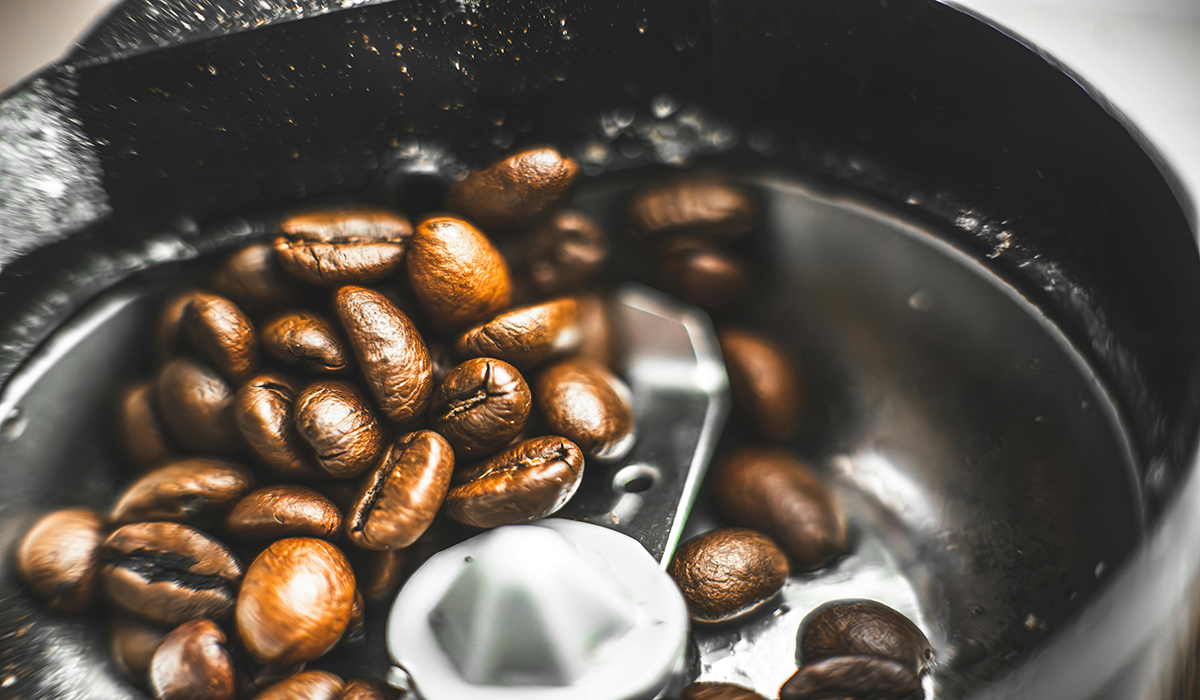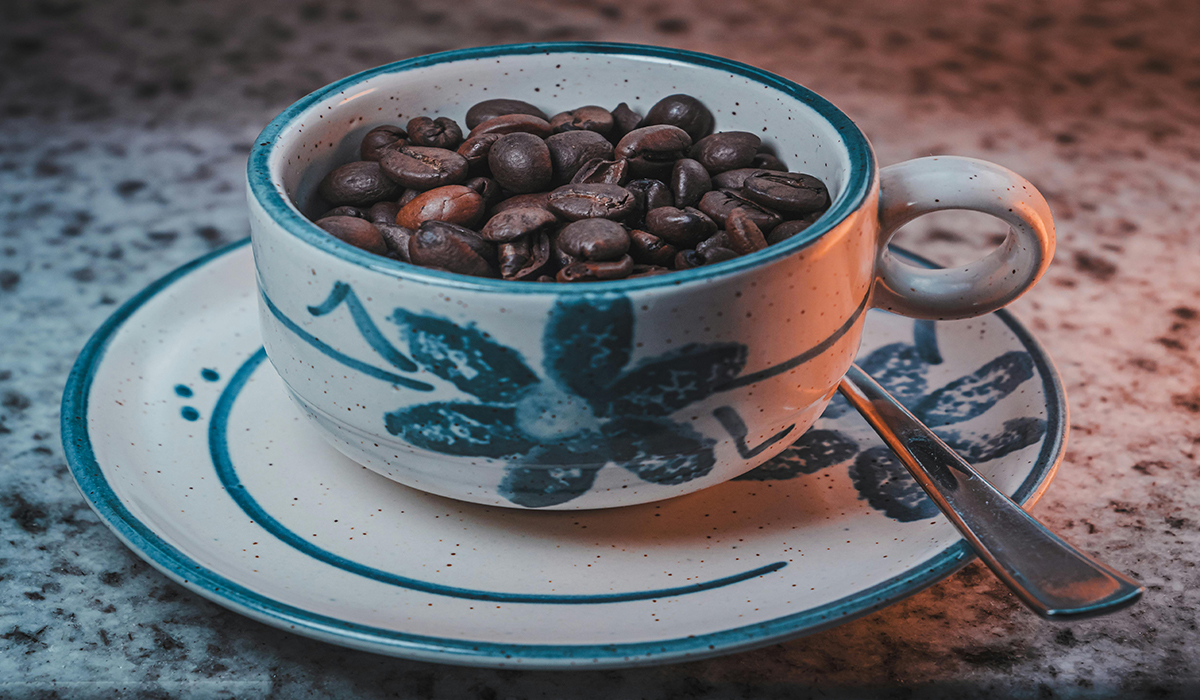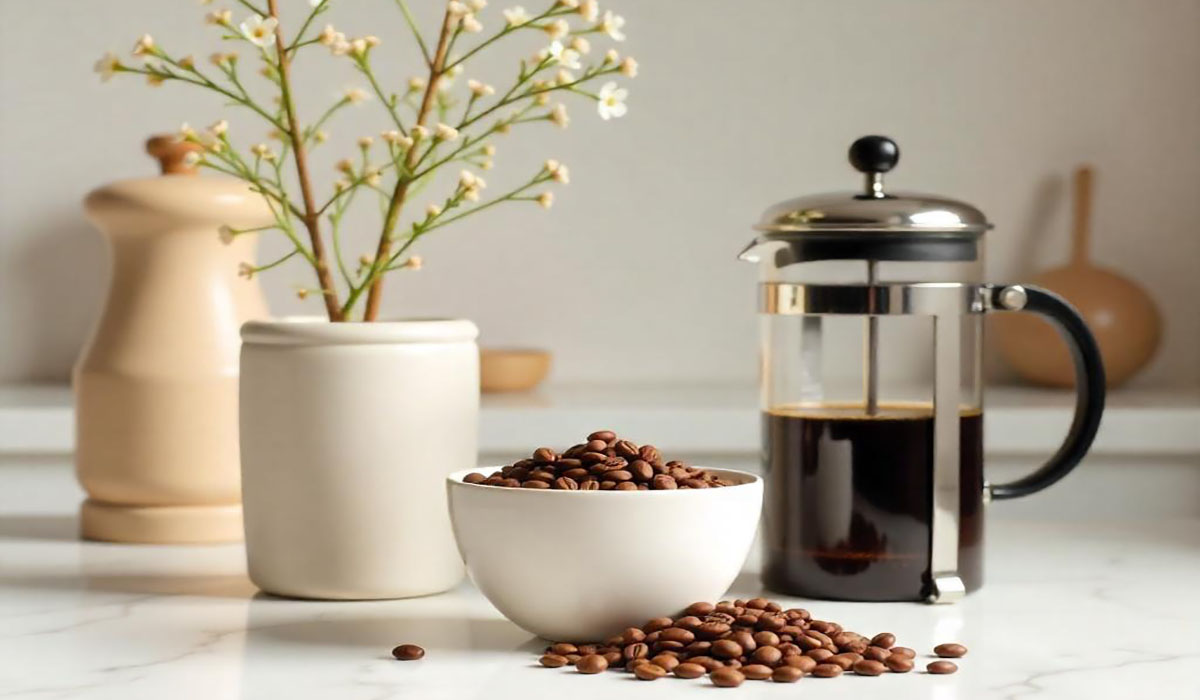What is arabica coffee? characteristics, flavor, and benefits of this popular coffee

What is Arabica Coffee? Arabica coffee is recognized as one of the most popular types of coffee consumed around the world. Due to its unique flavor and aroma—as well as its remarkable benefits—Arabica has earned a special place among coffee lovers. In this article, we will explore the characteristics of Arabica coffee and its many benefits. We will also introduce some of the Top Arabica coffee brands in Iran and discuss the presence of Best Arabica coffee brand in Iran in the market.
Where Does Arabica Come From?
Interestingly, the origins of Arabica coffee trace back to the mountainous regions of Ethiopia. The plant later spread through Yemen and Saudi Arabia, which is why it was named “Arabica.” Today, countries like Brazil, Colombia, Ethiopia, and Costa Rica are among the largest producers of this coffee variety. In Iran, the market for Arabica coffee beans exporter in Iran is growing, with several companies specializing in quality exports.
What is Arabica Coffee and what are its main characteristics?
Arabica coffee is derived from a plant of the same name, typically grown in mountainous regions at higher elevations. One of the most distinguishing features of Arabica coffee is its oval, smooth beans, which mature earlier than Robusta beans. These beans contain less caffeine and possess unique chemical compounds that contribute to their distinct flavor and aroma. Arabica requires specific climate conditions and is mostly cultivated in tropical and subtropical regions.
It grows at elevations between 1,000 and 2,200 meters above sea level and thrives in mild temperatures and consistent rainfall. These factors make Arabica more susceptible to pests and diseases, yet they also contribute to its higher quality compared to other coffee species. Many suppliers offer arabica ground coffee wholesale in Iran to meet increasing demand.
The Taste of Arabica Coffee: What Does It Taste and Smell Like?
If you’ve ever had a cup of Arabica coffee, you’ve likely noticed its difference from other coffee types. Arabica is known for its mild and balanced taste. It has fruity and floral flavor notes, lending complexity and variety. You may detect hints of berries, citrus, and chocolate. This coffee also has higher acidity, giving it a vibrant and lively taste—appealing to many coffee enthusiasts. However, this acidity isn’t sourness; rather, it adds depth and sophistication to the flavor, making Arabica a top choice for many seasoned coffee drinkers.
Arabica has a light to medium body that creates a smooth and delicate mouthfeel. The aroma often resembles flowers, fruits, and sometimes chocolate or nuts. In contrast to Robusta—which tends to have a stronger and more bitter flavor—Arabica is ideal for those seeking a refined and aromatic coffee experience. For those interested in Arabica Coffee Powder for Export, the quality and aroma are key factors driving global demand.
Health Benefits of Arabica Coffee
Beyond its exceptional taste and aroma, Arabica coffee offers several health benefits. One of its most significant advantages is its high antioxidant content, which helps prevent various diseases, including cancer. Additionally, Arabica has antimicrobial properties that support the immune system.
Due to its lower caffeine content compared to Robusta, Arabica can help reduce anxiety and promote calmness. Drinking Arabica may also help prevent neurological disorders such as Alzheimer’s and Parkinson’s. Some studies suggest Arabica coffee is linked to increased production of endorphins, which create a pleasant mood.
Furthermore, the caffeine in Arabica boosts metabolism, aiding in weight loss. Its potassium content contributes to stronger nails and bones. Many Bulk Arabica and Robusta Coffee Exporter companies in Iran emphasize these health benefits when marketing their products abroad.
Best Regions for Growing Arabica Coffee
Arabica coffee is mainly grown in tropical and temperate climates. The best regions include Brazil, Colombia, Ethiopia, Costa Rica, Kenya, India, Honduras, Guatemala, and Peru. Brazil is the world’s largest producer of Arabica, while Colombia is renowned for the high quality of its beans. Favorable weather, proper altitude, and nutrient-rich soil are crucial factors in cultivating high-quality Arabica. Iran has also developed a niche for Arabica coffee beans wholesale in Iran, supplying both domestic and international markets with premium beans.
Caffeine Content in Arabica Coffee
The caffeine content in Arabica coffee ranges from 0.8% to 1.4% of the bean’s weight, with an average of about 1.2%. This is significantly less than Robusta coffee, which contains between 1.7% and 3.5% caffeine. The lower caffeine level gives Arabica a milder, more relaxing flavor, making it a preferred choice for daytime consumption.
Differences Between Arabica and Robusta
Below is a comprehensive table outlining the key differences between Arabica and Robusta coffee:
| Feature | Arabica Coffee | Robusta Coffee |
|---|---|---|
| Flavor | Mild, floral, and fruity notes | Stronger, more bitter |
| Bean Shape | Larger and more oval | Smaller and rounder |
| Caffeine Content | 0.8% – 1.4% (Avg. 1.2%) | 1.7% – 3.5% (Avg. 2.2%) |
| Vulnerability | More susceptible to pests and diseases | More resilient to environmental conditions |
| Cultivation Altitude | Higher elevations (1,000–2,200 meters) | Lower elevations |
| Body | Light to medium | Heavier and thicker |
| Acidity | Higher (bright and lively taste) | Lower (more bitter) |
| Usage | Specialty, high-quality coffee | Instant and more affordable coffee |
Arabica coffee is considered one of the most popular and high-quality coffee types available, offering a range of desirable traits and health benefits. Its mild flavor, complex aroma, and beneficial properties make it an ideal choice for coffee enthusiasts.
Practical Tip for Buying Arabica Coffee
If you’re looking for coffee that combines strong aroma with a smooth, pleasant flavor, Arabica is the perfect choice. When purchasing, pay attention to the purity of the beans. Many brands proudly label their products as 100% Arabica on the packaging. This is especially true for Top Arabica coffee brands in Iran, which emphasize quality and authenticity.
If you are seeking a rich and distinctive coffee, Arabica is an excellent option. Parto Padideh Pars Company, recognized as a leader in the Iranian coffee industry, has focused on quality and authenticity in its operations. The company specializes in importing and exporting coffee and related equipment, and stands among reputable arabica ground coffee wholesale in Iran providers.
Frequently Asked Questions
1. Why is Arabica considered the highest-quality coffee in the world?
Arabica coffee is cultivated under specific conditions—high altitudes, cool climates, and nutrient-rich soil—that produce superior beans. Its balanced flavor, mild acidity, and complex aroma make it the first choice among specialty coffee lovers.
2. If you care about flavor, why should you choose Arabica?
Arabica coffee has a softer, fruitier, and more intricate flavor compared to varieties like Robusta. These qualities provide a more enjoyable experience for those who appreciate flavor nuances.
3. Is the difference between Arabica and Robusta only in taste?
No, the differences go beyond taste. Arabica has lower caffeine content, higher acidity, and requires more delicate growing conditions. Robusta is more resilient, has more caffeine, and a stronger, more bitter flavor. Arabica also generally commands a higher market price.



